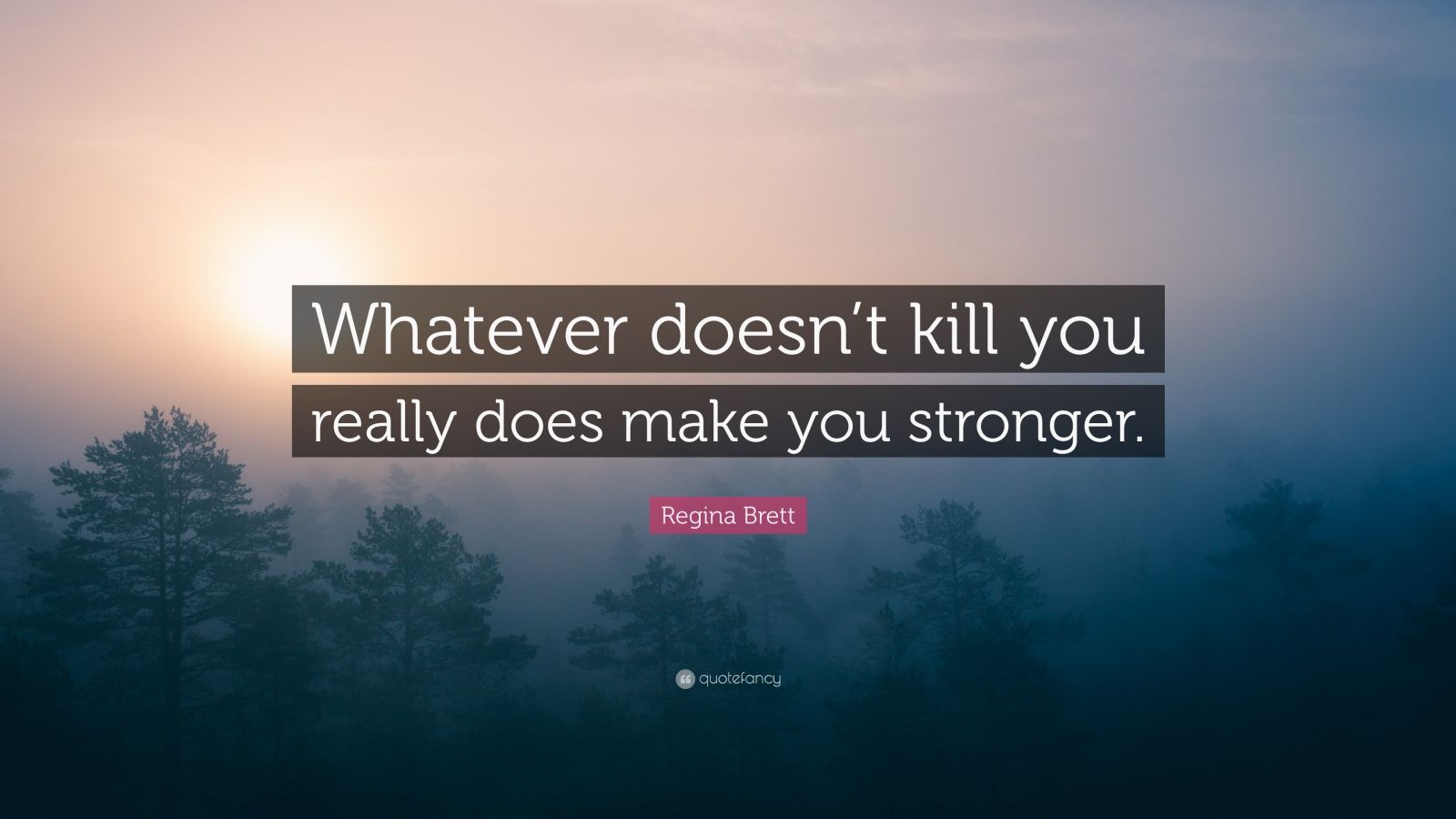

The challenges she has faced are real and difficult. For example: My mom has a spinal cord injury, she is still here with us and awesome as ever, but that does not mean it has not been a challenge. No, the situation at hand didn't "kill you" but in more ways than one it probably did challenge you. You become overwhelmingly thankful for those "good" moments.Ģ. The hard times let you appreciate the good ones even more. You take the good, the bad, and the in-between and try to see the blessings in life. Even if that is the case there are still good aspects of your life to be thankful for. The good stuff might not outweigh the bad. No, life might not look the way you wanted - but there are still a lot of things to be thankful for. You will learn to look back on awful circumstances and be thankful. This article advances a holistic life course perspective on the development of independence and self-reliance in adulthood to expand current conceptualizations of these and more recent ideals of interdependence promoted in child welfare policy and practice.1. We argue that vigilant self-reliance can be a source of resilience but also a potential risk in facilitating the very connections to supportive relationships that research suggests can produce positive outcomes in adulthood. Findings suggest that this identity must be understood in multiple contexts including societal expectations of independence and autonomy, foster-care and family of origin as developmental contexts, and current scholarship on youth aging out of care. This paper highlights the degree to which they endorse self-reliance as they reflect on past experiences, offer advice to foster youth, and identify barriers to achieving their own life goals.

This interpretive study explores the experiences of 44 Midwestern young adults in the process of aging out of foster care.


 0 kommentar(er)
0 kommentar(er)
